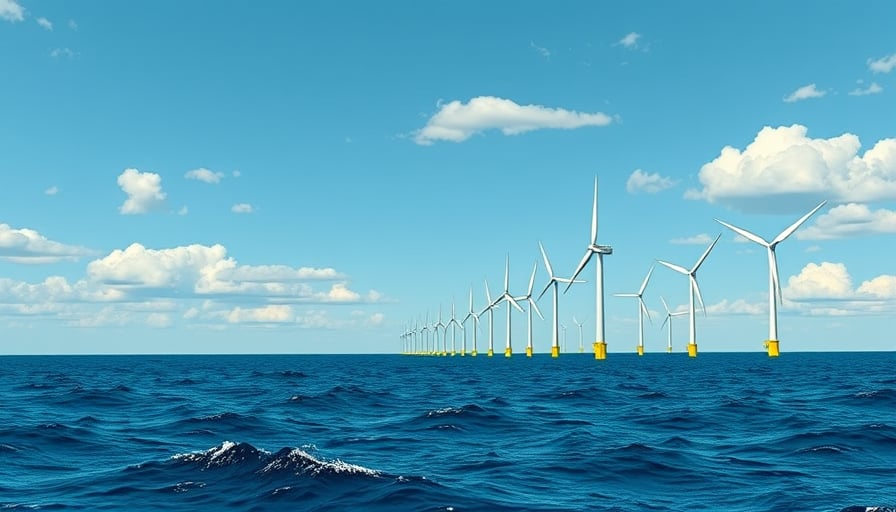Ørsted Divests 50 % of Horn 3 Offshore Wind Project to Apollo Global Management
Ørsted, the Danish renewable‑energy developer, announced the sale of a 50 % equity stake in its large‑scale offshore wind project, Horn 3, located off the coast of the United Kingdom, to investment funds managed by Apollo Global Management. The transaction, described by Ørsted as an important milestone in its divestment programme, is valued at several billion dollars and includes a commitment from Apollo to share in the construction costs of the project.
Strategic Context
Ørsted has pursued a systematic strategy of divesting non‑core assets to generate liquidity while preserving long‑term value creation. The company has emphasized that its sales are intended to unlock capital rather than to realise immediate gains, thereby supporting the development of new projects and the expansion of its renewable portfolio. The Horn 3 transaction represents a key step in this restructuring agenda, allowing Ørsted to reallocate resources towards higher‑growth opportunities and to strengthen its balance sheet.
Project Overview
Horn 3 is a flagship offshore wind development that will deliver significant capacity to the United Kingdom’s electricity grid. The project, which is expected to be operational in the mid‑2020s, is positioned within a regulatory environment that is increasingly favourable to large renewable installations. By partnering with Apollo, Ørsted seeks to share the construction risk and capital intensity associated with the project’s completion, while retaining a substantial equity position that aligns with its long‑term renewable energy commitments.
Implications for the Renewable Energy Sector
The sale highlights a broader trend of private‑equity involvement in large‑scale renewable energy projects. Investment funds such as Apollo are increasingly seeking exposure to stable, long‑term cash flows generated by offshore wind farms, which benefit from government subsidies and contractual frameworks. This partnership model can accelerate project timelines, spread financial risk, and bring advanced construction expertise to complex developments.
Competitive Positioning
Ørsted remains a leading player in the offshore wind market, competing with firms such as Ørsted’s main rivals, including E.ON, RWE, and Iberdrola. By strategically reducing its exposure to high‑capital projects while preserving equity stakes, Ørsted is positioning itself to maintain a competitive edge in a rapidly evolving market. The ability to balance cash generation with long‑term investment aligns with Ørsted’s broader goal of transitioning to a fully renewable energy company by 2030.
Economic and Regulatory Factors
The United Kingdom’s commitment to net‑zero emissions by 2050 has created a robust policy framework for offshore wind, including the 2020 offshore wind license allocation and the 2023 government review of renewable subsidies. Ørsted’s decision to divest part of Horn 3 can be seen as a response to these macro‑economic drivers, allowing the company to capitalize on favourable policy conditions while mitigating exposure to potential policy shifts.
Conclusion
The 50 % stake sale of Horn 3 to Apollo Global Management underscores Ørsted’s disciplined approach to portfolio management, combining liquidity generation with continued participation in high‑potential renewable projects. This transaction aligns with broader industry trends that favor partnership models between renewable developers and sophisticated investors, thereby accelerating the deployment of offshore wind infrastructure in a sector that is increasingly critical to achieving global climate objectives.
